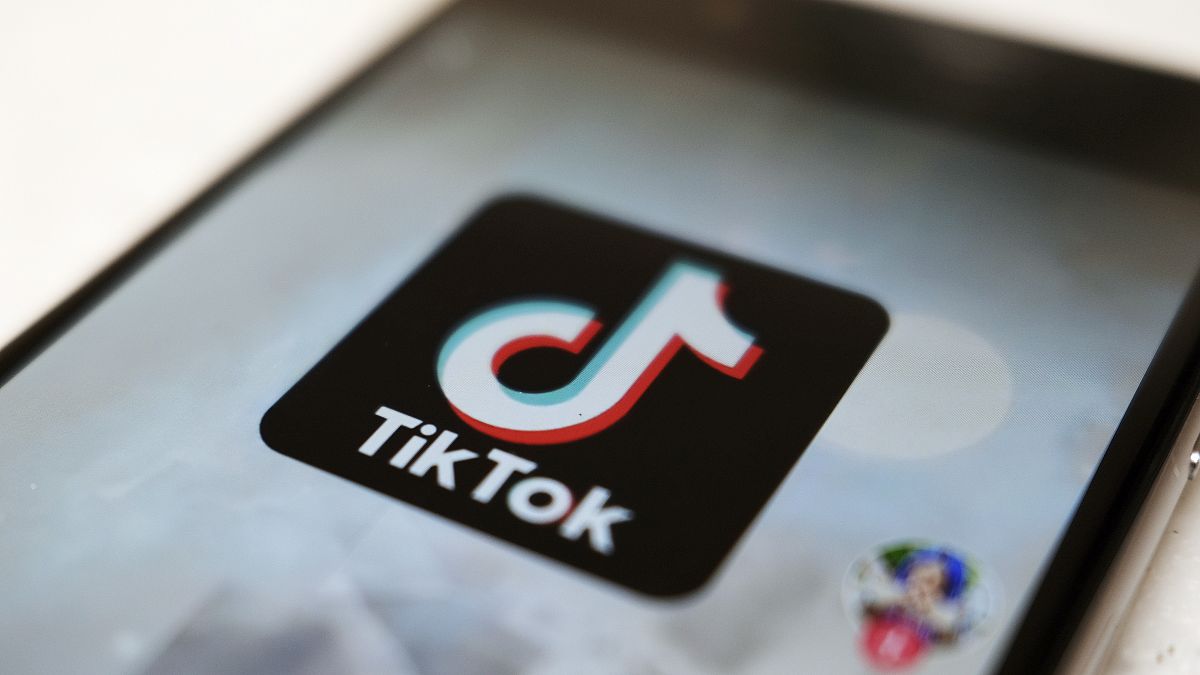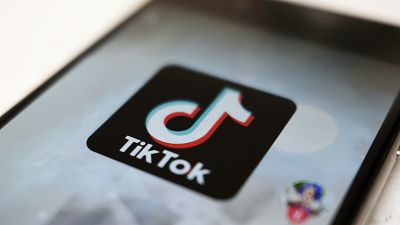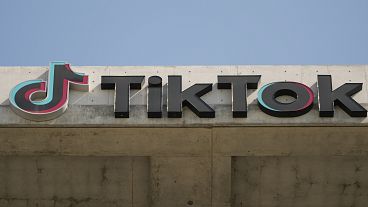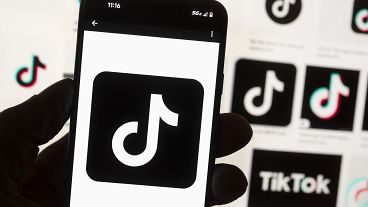Bytedance loses gatekeeper status appeal before Luxembourg court.
Bytedance, the parent company of video sharing app TikTok, has lost its appeal against a European Commission decision to consider it a gatekeeper under new competition rules, the General Court said in a judgment today (17 July).
Last November TikTok joined Meta in appealing against being designated with 'gatekeeper' status under the Digital Markets Act (DMA), an EU law that brings in tougher rules for tech companies and makes it easier for users to move between competing services.
TikTok said at the time that its designation “risks undermining the DMA's own stated goal by protecting actual gatekeepers from newer competitors like TikTok.”
The Court said today that TikTok should be considered a gatekeeper – a large online platform with a significant market share – because it met the quantitative thresholds under the DMA, regarding its global market value, the number of TikTok users within the European Union and the number of years during which that user threshold had been met.
Bytedance had argued that the fact that its global market value was mainly attributable to its activities in China demonstrated that its impact on the EU internal market was not significant, and its EU turnover was therefore low, but the court rejected these arguments.
The Commission was entitled to consider that Bytedance’s high global market value, together with the large number of TikTok users in the EU, reflected its financial capacity and its potential to monetise those users, the court found.
Bytedance also argued that it was a challenger on the market and that its position had been contested by competitors such as Meta and Alphabet, which launched new services, like Reels and Shorts, which, by imitating features of TikTok, saw rapid growth. The Court said that while TikTok was indeed a challenger in 2018, it quickly consolidated its position and even strengthened it over the following years.
Last September, the Commission earmarked 22 gatekeeper services, run by six tech companies - Microsoft, Apple, Alphabet's Google, Amazon, Meta and ByteDance. In May, it designated Booking.com as a seventh gatekeeper. The hotel and apartment rental website has six months – until November – to comply with the rules.
In March, the Commission opened non-compliance investigations into Apple, Meta, and Google’s parent company Alphabet under the DMA.
"We are disappointed with this decision. TikTok is a challenger platform that provides important competition to incumbent players. While we will now evaluate next steps, we already took measures to comply with the relevant obligations of the DMA ahead of last March's deadline," a spokesperson for TikTok said in reaction.
















